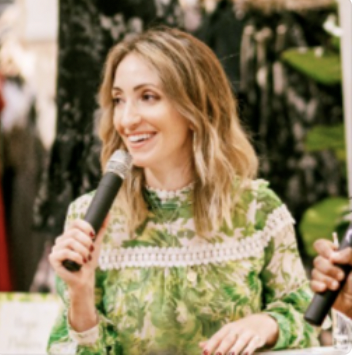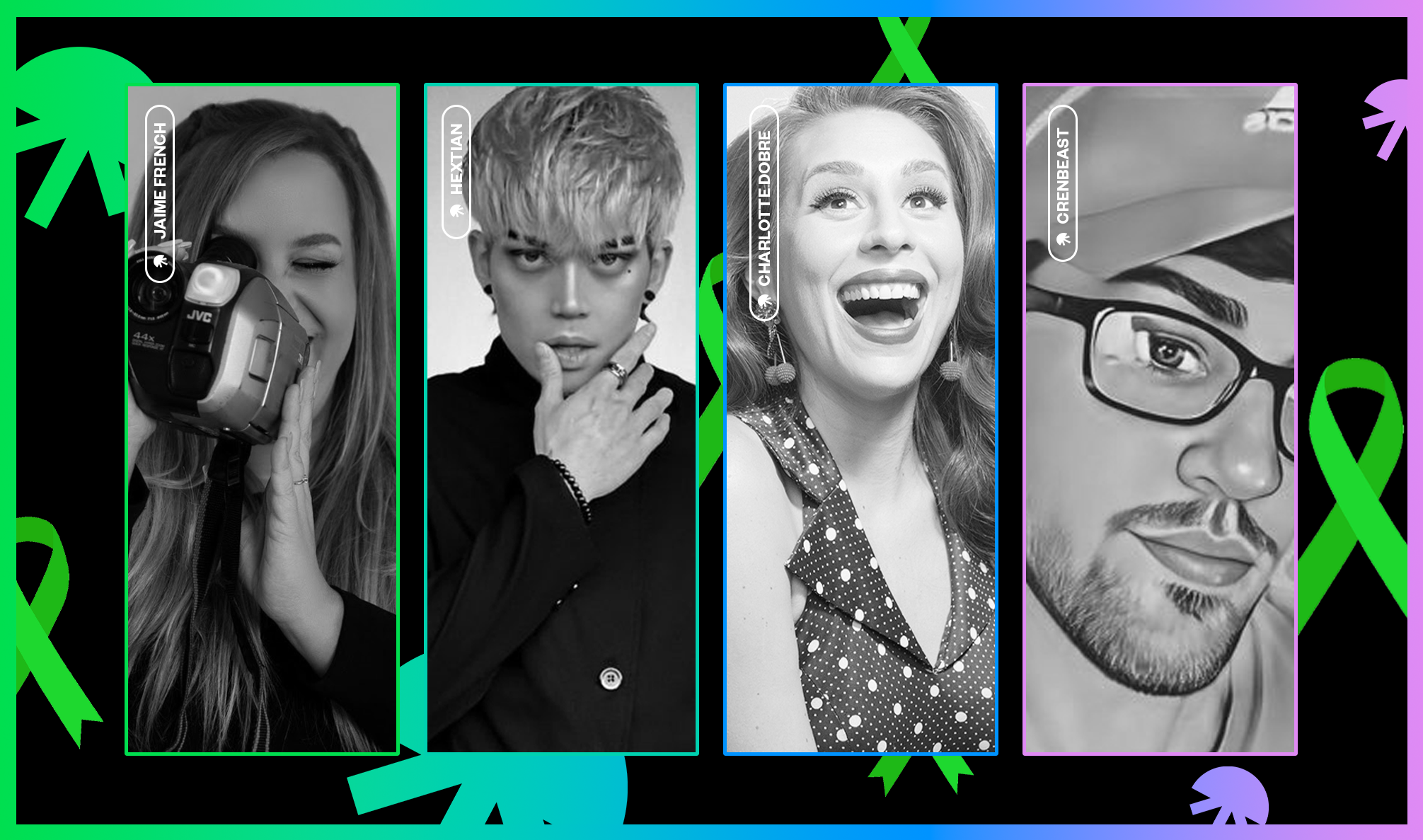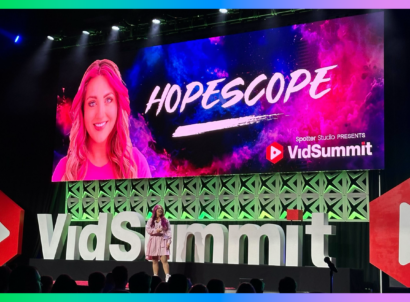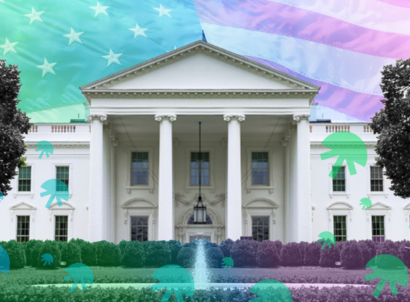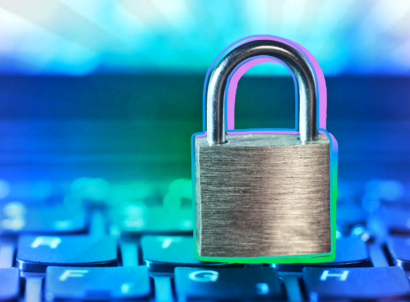Everyone’s mental health journey is unique. We all experience the ebbs and flows of mental wellness and creator burnout differently, and the coping and educational resources available to everyone vary.
Thanks to a steady rise in global advocacy, well-being tools, and general awareness surrounding mental health, the stigma that has typically surrounded the space is slowly disappearing. People now have a wealth of resources at their disposal (though, of course, there are certainly disparities in equitable access to them).
One promising step forward is the creation of World Mental Health Day (October 10), a day dedicated to raising awareness of mental health issues around the world. Started in 1992, the day helps “mobilize efforts in support of mental health.”
Another significant shift in this space has been the individual efforts made to reduce the stigma associated with having a mental illness. The more we talk about it and share our experiences, the more mainstream the topic becomes, and the more people will benefit and live happier, healthier lives.
In the creator space, the conversation surrounding mental health and creator burnout is happening on several levels. Creators are opening up and using their platforms to share their experiences, both good and bad (some of which stem from creator burnout).
As public personas, there are many reasons why creators may struggle with mental health. In the world of subscriber counts, view counts, and likes, it can be easy to correlate one’s self-worth with the digital metrics on a screen. When everything is on the up, things are great. But if numbers start to slow down, the self-doubt can easily creep in.
In a recent interview with Daily Dot, Jellysmack Sr. Director of Partnerships and former creator Cat Valdes shared what it feels like to go through the pressures of being a creator.
“As a creator, you start making content and you experience a level of growth, and then you often start to plateau at some point…I started to feel the pressures of, I need to be prettier, I had to be shinier in some way. I don’t know how to describe it other than that. And it started to take a toll on me mentally.”
It can be difficult to separate the “business” from “personal” when your business is yourself. Factor in the inevitable negative comments and haters, and life as a creator can take a toll on a creator’s well-being.
“When you’re a YouTuber, your life is your job and your job is your life.”
Cat Valdes, Sr. Director of Partnerships at Jellysmack
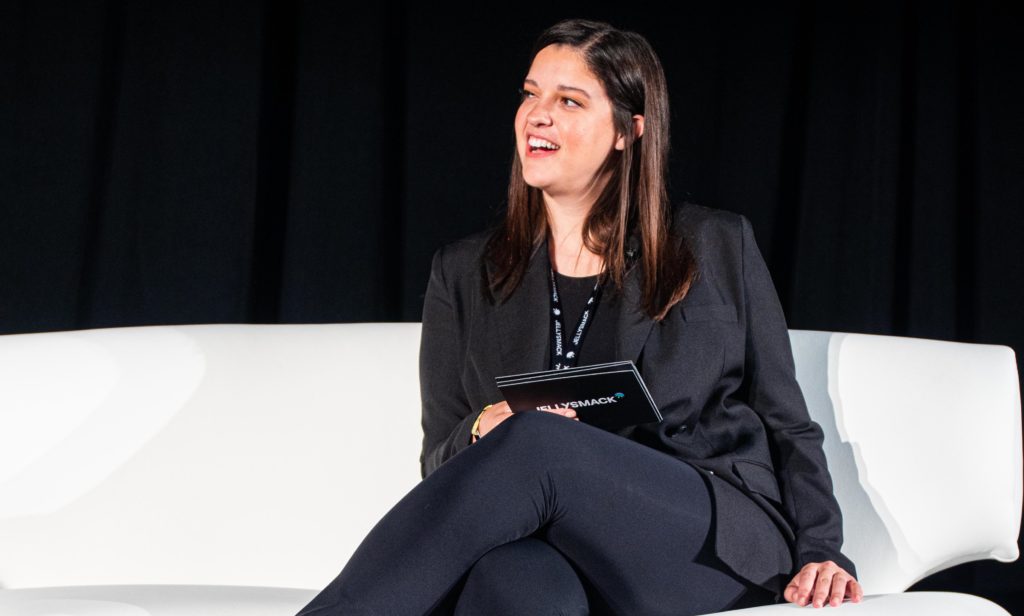
Creators have made a commendable effort to de-stigmatize the conversation for younger generations. There are now popular TikTok accounts shedding light on resources like therapy and meditation (though, it’s important to highlight that everyone should consult the help of licensed professionals before taking any mental health advice).
Other creators are sharing universal tips for mental health ways to deal with creator burnout based on their own experiences and everyday stressors.
Here are some ways our creator partners prioritize their mental wellness:
Jo Steel ignores the negativity
Jo opened up about the way unsolicited negativity affects them, and how they deal with it as it comes up. Their advice is to tune it out. “The hardest part about being a creator was learning how to handle feedback… negative comments. I’ve gotten to a point where I can filter all of that out. I know not to pay attention to all that negativity.”
HeXtian isn’t afraid to take a break
HeXtian has spoken about burnout, the constant struggle to maintain creativity, and to feel like they’re always asking themself, “what’s next?” But they have developed coping strategies for when these feelings come up. They take a minute for themself and use that time to do whatever they need. “For me, it’s really taking a break,” they say. “Whenever I’m filming and I feel myself burning out, I’ll step away from the project, even if it’s just for five minutes, just a break. Then I’ll go back in.”
Charlotte Dobre doesn’t let self-doubt get in the way
The reaction queen shared her own tactics on how to handle self-doubt. “You’re your own worst critic and it does get to you sometimes. You just have to keep pushing through. It’s not always easy to be the bright, vibrant person that everybody turns to for a laugh. Just understanding that it’s bigger than you and knowing that it’s just not about me, it’s about the people who watch, is what helps me get out of bed every morning and create.”
Crenbeast knows the value of a strong mental base
Crenbeast believes it’s critical to remain focused and have a solid foundation during times of stress or negativity. He says it best: “If you’re a content creator and you mess up the whole world knows you messed up. There’s no hiding it. You’re wearing your heart on your sleeve. If you’re putting yourself out there it can be taxing if you don’t have a good mental base.”
Jamie French is aware of the pressure to perform
Jamie maintains that as much as she wishes she could say she only creates content she loves, in the back of her mind, she can’t help but weigh the importance of traffic, data, and audience engagement. “This job has a way of making you focus on numbers,” she says. “It’s hard to always [be positive]. One day your views drop or likes drop and it’s hard to not take that personally and ignore it, because everything about being a creator is quantified with numbers. That can be difficult.”
Of course, the conversation extends beyond creators who have teamed up with Jellysmack. At VidCon 2022, several TikTok creators shared how they take care of their well-being and combat burnout during a mental health focused panel titled “Wellness in the Digital Age” at VidCon, as well as at our Featured Creator Lounge.
KallmeKris remains true to herself
Creator KallmeKris believes it’s important to remain focused, even when people doubt you. Her advice for other creators: “[Don’t] be afraid, [and don’t] care what people think,” she says.
“I cared about what people thought for so long and it’s so relieving not to. I love just being who I am.”
Creator KallmeKris
Elyse Myers practices self-care before creating content
Elyse shared self-care tips with her followers about how she checks in with herself before working. “How I feel when I sit down to make a video will tell me how my energy is. If I feel like I’m dreading filming, I have nothing in the tank, or am feeling homesick for my life before being a creator, I don’t record,” she said. “I don’t ever create from a place that’s on the edge of burnout.”
Chris Olsen believes laughter is medicine
Chris shared his own “therapy” moments that helped him deal with his own mental health. He tries to always put a positive spin on things. “I feel like the words mental health always have a negative connotation. I like to shift the focus to a more positive place. There are a lot of ways we can laugh about certain moments. That’s healing too.”
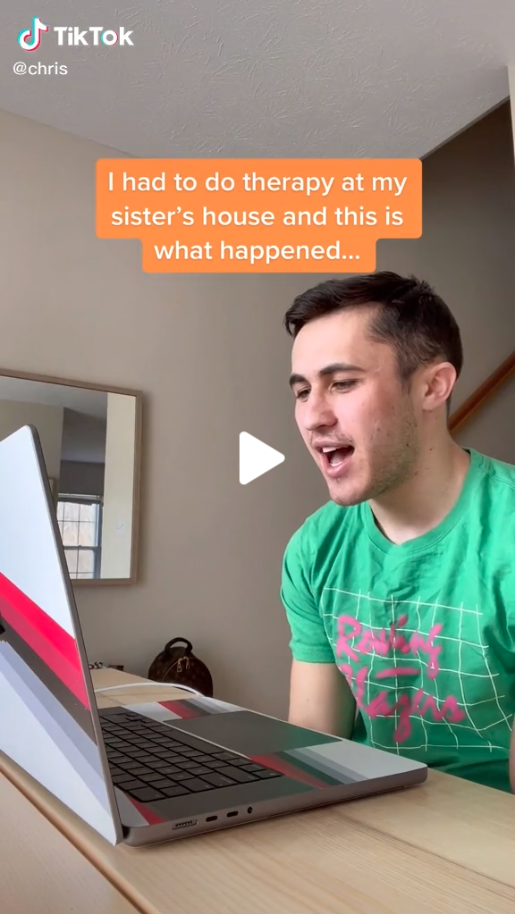
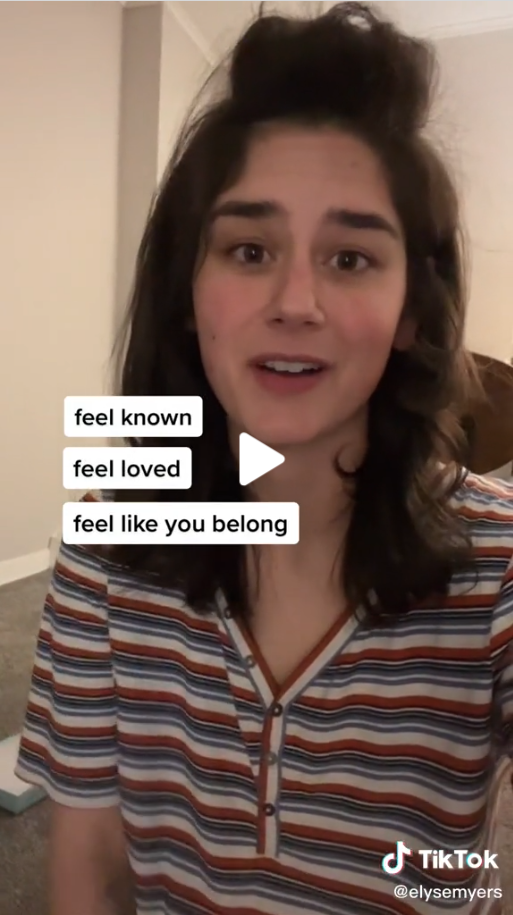
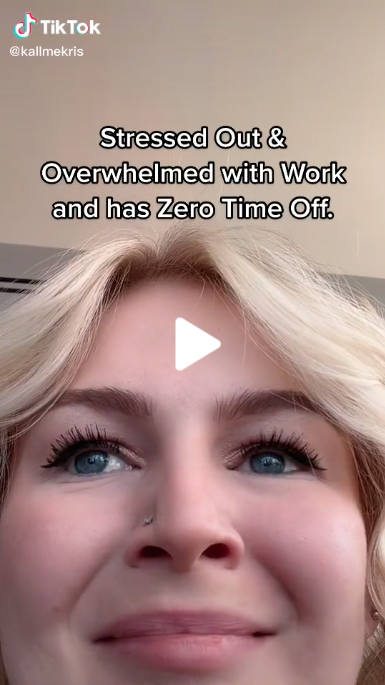
If you want to learn more about World Mental Health Day or well-being resources, start here.
